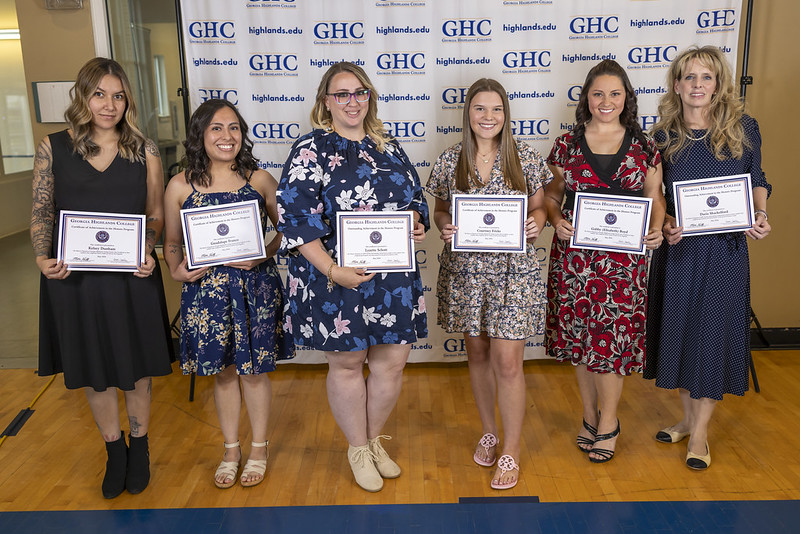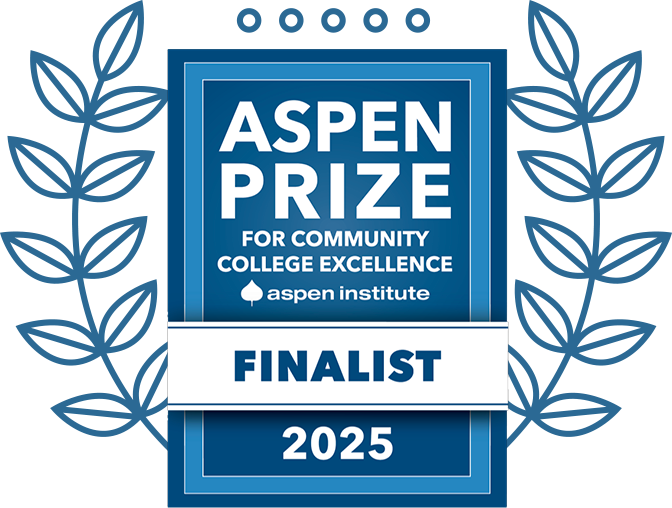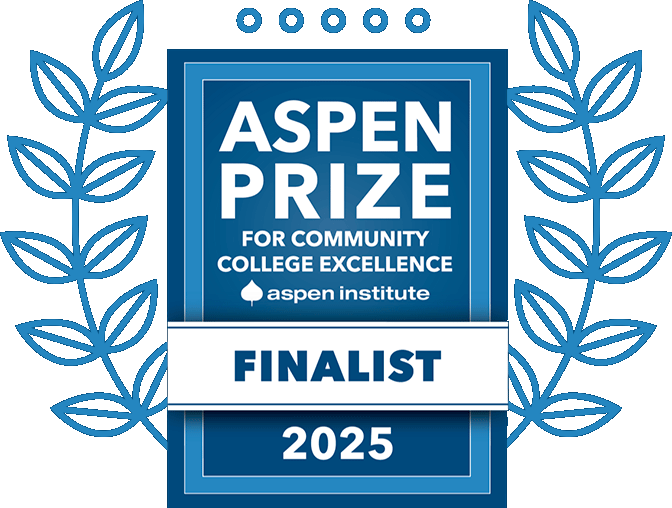Levels of Achievement

Earning Honors Distinctions
Students that meet certain requirements qualify for special distinction from the Honors Program.
“Outstanding Achievement in the Honors Program”
Each year, one to two students will earn special recognition and an award plaque at Georgia Highlands’ college-wide Honors Night. Winners are determined by the Honors Director, with assistance as needed from the Honors Advisory Council, and may be based on multiple or especially strong completed honors projects, especially strong performance in honors courses, and/or dissemination of honors work to broader audiences (workshops, conferences, publications, etc.).
“Honors Certificate”
Honors students in “good standing” with the Honors Program, in any degree or pathway, that have earned twelve or more honors credits, through any combination of recognized transfer honors credits^, honors courses, and/or honors projects in standard courses, will earn special recognition and an award certificate at Georgia Highlands’ college-wide Honors Night.
“Honors Diploma (Associate)”
Honors students in “good standing” with the Honors Program, in any Associate or Nexus degree, in any pathway, that have earned fifteen or more honors credits, through any combination of recognized transfer honors credits^, honors courses, and/or honors projects in standard courses, and that have also completed the standard requirements to earn an associate degree in any pathway from Georgia Highlands College, and that have also completed the capstone presentation, will earn special recognition. These students will be given an Honors Program cord to wear as part of commencement regalia, will be specially recognized in the commencement program, and will be provided a diploma that specially notates the ‘honors’ distinction. Capstone presentations may include, but are not necessarily limited to, participation in a Georgia Highlands College research symposium, legacy recorded presentations, or other forms of dissemination of honors work, at the discretion of the Honors Director, in consultation with the Honors Advisory Council.
“Honors Diploma (Bachelor)”
Honors students in “good standing” with the Honors Program, in any Bachelor degree, in any major, that have earned eighteen or more honors credits, through any combination of recognized transfer honors credits^, honors courses, and/or honors projects in standard courses, and that have also completed the standard requirements to earn a bachelor’s degree in any major from Georgia Highlands College, and that have also completed the capstone presentation, will earn special recognition. These students will be given an Honors Program cord to wear as part of commencement regalia, will be specially recognized in the commencement program, and will be provided a diploma that specially notates the ‘honors’ distinction. Capstone presentations may include, but are not necessarily limited to, participation in a Georgia Highlands College research symposium, legacy recorded presentations, or other forms of dissemination of honors work, at the discretion of the Honors Director, in consultation with the Honors Advisory Council.
^ For the purposes of these special distinctions, honors credits transferred in from other institutions do not automatically qualify towards the benchmarks listed. Honors credits transferred in may qualify, at the discretion of the Honors Director and/or Honors Advisory Council. A student with transferred honors credits should petition the Honors Director in writing to request consideration of those credits. The student may be asked to provide any materials or projects generated as part of earning those honors credits for secondary review by the Honors Director and/or Honors Advisory Council.
In some cases, Georgia Highlands College may enter into an Articulation Agreement with another institution to specifically recognize certain honors credits. Students with such credits transferred in would still petition the Honors Director in writing to request consideration of those credits, but would not need to submit any supporting materials or projects for secondary review. Any such articulation agreement would have to have already been approved by the Honors Advisory Committee, Honors Director, and Curriculum Committee and gone into effect. Any articulation agreement would only be honored for up to five years before needing to be reviewed again for approval.



